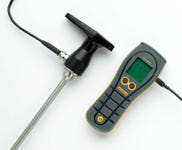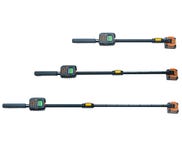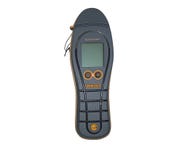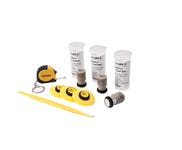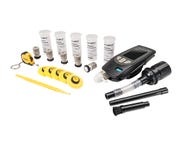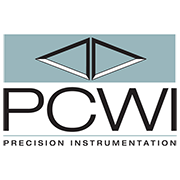Moisture Meter Instruments
-
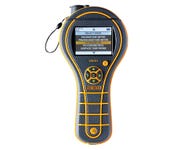 Protimeter BLD9800 MMS3 Moisture Meter Basic Kit in Compact Soft Touch CaseItem Number: BLD9800Packaging Unit: 1 / each
Protimeter BLD9800 MMS3 Moisture Meter Basic Kit in Compact Soft Touch CaseItem Number: BLD9800Packaging Unit: 1 / each -
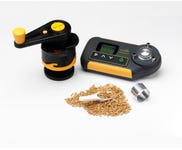 Protimeter GRN3100 GrainMaster i2 Grain Moisture MeterItem Number: GRN3100Packaging Unit: 1 / each
Protimeter GRN3100 GrainMaster i2 Grain Moisture MeterItem Number: GRN3100Packaging Unit: 1 / each -
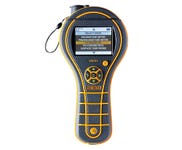 Protimeter BLD9800-C MMS3 Moisture Meter Basic Kit in Hard Plastic Carry CaseItem Number: BLD9800-CPackaging Unit: 1 / each
Protimeter BLD9800-C MMS3 Moisture Meter Basic Kit in Hard Plastic Carry CaseItem Number: BLD9800-CPackaging Unit: 1 / each -
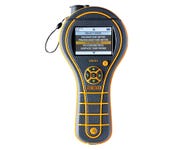 Protimeter BLD9800-C-S MMS3 Moisture Meter Survey Kit in Hard Plastic Carry CaseItem Number: BLD9800-C-SPackaging Unit: 1 / each
Protimeter BLD9800-C-S MMS3 Moisture Meter Survey Kit in Hard Plastic Carry CaseItem Number: BLD9800-C-SPackaging Unit: 1 / each -
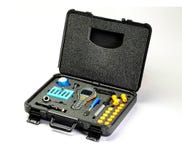 Protimeter BLD9800-FL MMS3 Moisture Meter Flooring KitItem Number: BLD9800-FLPackaging Unit: 1 / each
Protimeter BLD9800-FL MMS3 Moisture Meter Flooring KitItem Number: BLD9800-FLPackaging Unit: 1 / each -
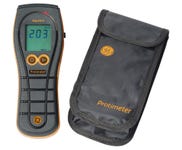 Protimeter BLD5765 Aquant Non-Invasive Moisture MeterItem Number: AQUA5765Packaging Unit: 1 / each
Protimeter BLD5765 Aquant Non-Invasive Moisture MeterItem Number: AQUA5765Packaging Unit: 1 / each
Your ordered quantity for this item is more than what we have in stock.
Stock Availability
| Location | |
|---|---|
Please contact us to know more about this item's availability or possible restock dates.
